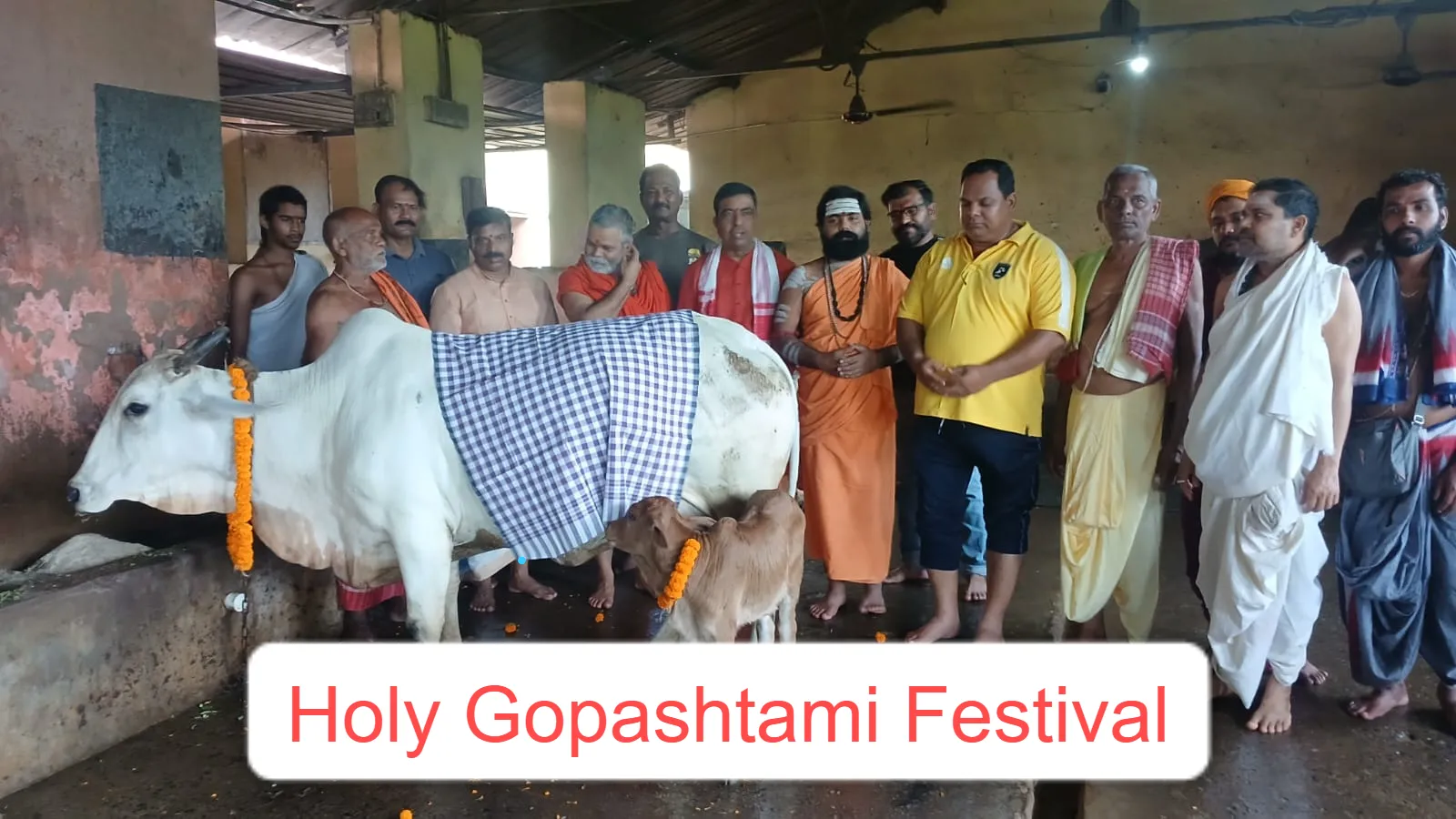

Kartik's Month Sacred Day When Lord Krishna Became 'Govinda'
The eighth day of the bright fortnight in the sacred Hindu month of Kartik is celebrated as Gopashtami, also known as Goshtashtami. This festival is dedicated to the worship of cows, honoring their divine and integral role in Hindu culture and mythology. Devotees believe that observing the rituals of this day brings prosperity, happiness, and the blessings of Lord Krishna.
Mythological Foundations
The origins of Gopashtami are deeply tied to the life of Lord Krishna. According to belief, this was the very first day that a young Krishna, after much insistence, was permitted by his mother Yashoda to take the cows out for grazing. After consulting Rishi Shandilya for an auspicious moment, she performed a puja and formally sent Krishna on his new duty as a cowherd, marking his transition into a 'Gopala'.
This day also holds another significant connection to Krishna. It follows the seven days during which he held aloft the Govardhan Hill to protect the people of Vraja, their cows, and other animals from the torrential rains sent by an angered Devaraj Indra. On this eighth day, Indra's pride was broken, and he conceded defeat, taking refuge in Lord Krishna. The divine cow, Kamadhenu, then performed an 'abhishek' (anointment) on Krishna, bestowing upon him the title 'Govinda', meaning protector of the cows.
Rituals and Their Significance
Hindu scriptures hold that cows are sacred, embodying the presence of numerous deities. Worshipping a cow is thus seen as an act of reverence to all gods. The word for cow, 'Go', itself has profound meanings, including earth, senses, and light.
On Gopashtami, the rituals begin in the early morning. Cows and their calves are given a ceremonial bath and are decorated with ornaments, including bells and colorful cloths. Devotees perform 'parikrama' (circumambulation) around the cows and may walk with them for a short distance. It is customary to feed the cows special foods like green fodder, peas, and jaggery. Many people also give donations to 'Goshalas' (cow shelters). Those who do not own cattle visit these shelters to offer their prayers, using flowers, incense, and holy water. This 'Go Seva' (service to the cow) is believed to please Lord Krishna and attract lifelong wealth and joy.